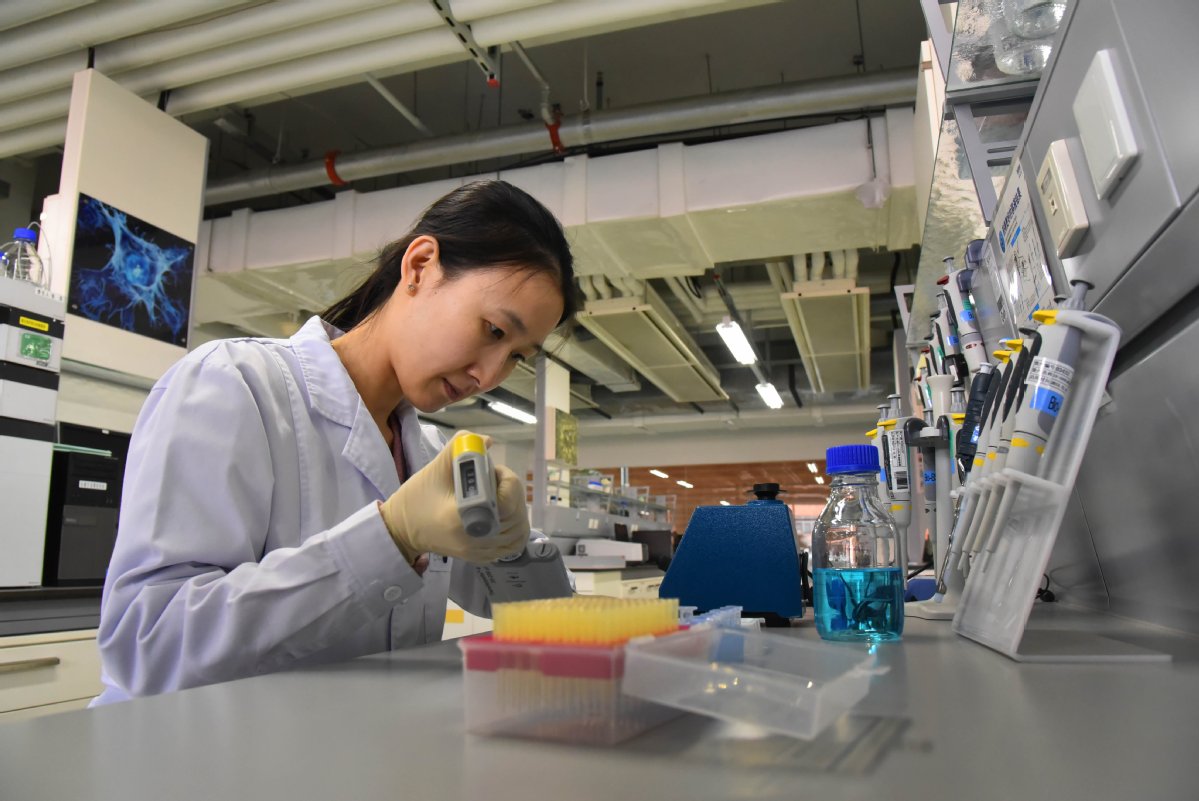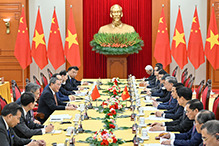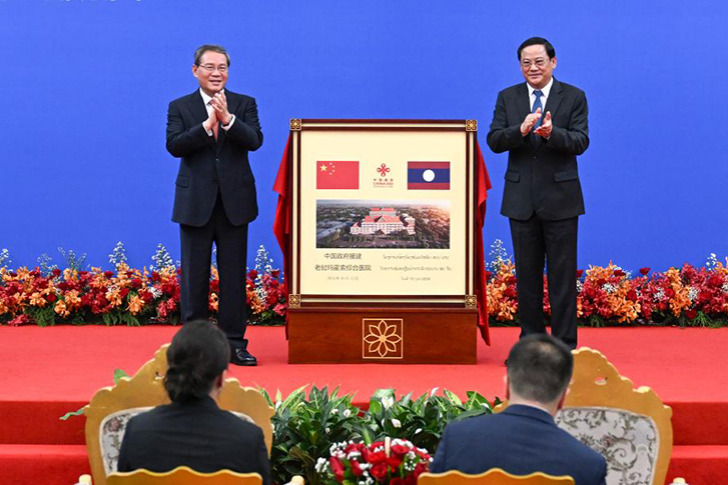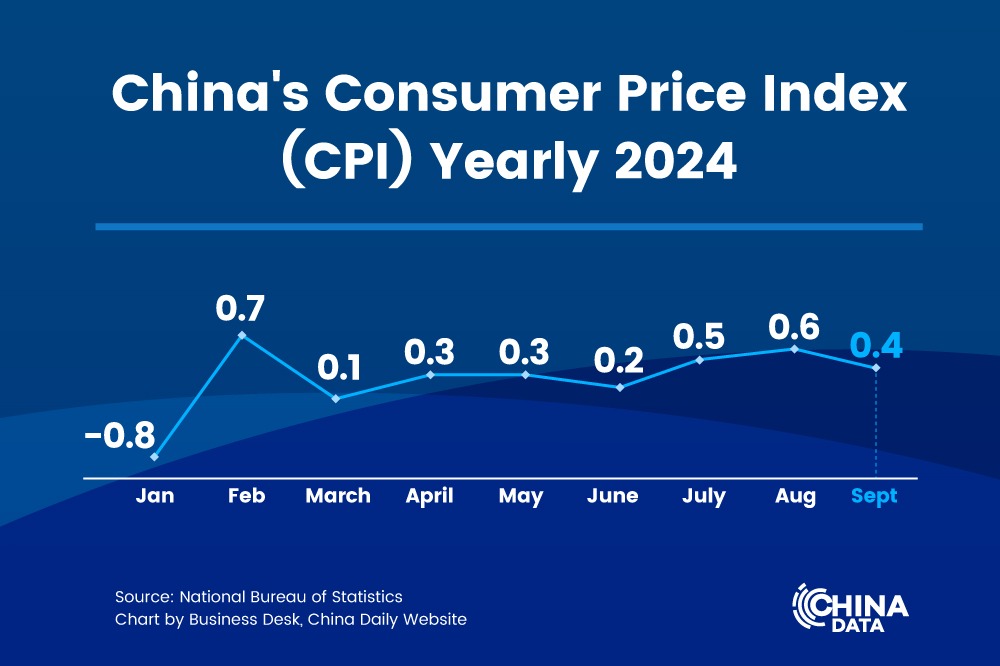US nod for BP medicine showcases China's pharma prowess


The market approval by the United States of high blood pressure medicine Conjupri developed in China marked the fast-growing research and development capabilities of Chinese drug companies and their increasing presence abroad, industry analysts said.
CSPC Pharmaceutical Group Ltd announced on Friday that the US Food and Drug Administration had granted market approval to its independently developed Conjupri (levoamlodipine maleate) tablets for the treatment of hypertension in adults and children 6 years and older. The company is based in Shijiazhuang, Hebei province.
That makes Conjupri the first innovative drug from the Chinese mainland which has been granted full approval following a standard review by the FDA.
It also paves the way for the Hong Kong-listed company to market the drug in other parts of the world, said Cai Dongchen, chairman of the company, who stressed it is important for Chinese pharmaceutical companies to grow stronger by taking part in global competition.
The news inspired a strong advance of the firm's shares in Hong Kong. The company's stock ended at HK$18.62 ($2.38) on Monday, up 2.08 percent for the day.
"The FDA approval reflects the international pharmaceutical community's higher recognition of Chinese drug quality," said Shi Lichen, founder of medical consultancy Beijing Dingchen Consultancy.
"China used to have few self-developed original or innovative drugs, especially in new chemical compounds. But things are changing due to the improved regulatory environment and the stronger play of market mechanisms."
China's medicine reforms in recent years are driving Chinese companies to focus more on new drug R&D and innovation to optimize product portfolios toward medium-to-high end returns, instead of simply profiting from the production and sales of low-quality generics, he said.
China joined the International Council for Harmonization of Technical Requirements for Pharmaceuticals for Human Use, or ICH, in 2017.
The group is an international organization to standardize scientific and technical aspects of pharmaceutical product development and registration. China's participation makes it easier for foreign new drugs to gain entry into China, and for Chinese companies to be marketed outside the country, Shi explained.
In line with ICH requirements, Chinese pharmaceuticals can file new drug applications to the regulatory agencies of multiple countries and regions under the same technical requirements, greatly saving on the costs of R&D and registration, he said.
Shi predicts more high-quality Chinese drugs will be going abroad, improving the Chinese pharmaceutical industry's image overseas given the increasing R&D and innovation capabilities of those companies.
In November, Chinese biomedicine company BeiGene Ltd's cancer treatment Brukinsa (zanubrutinib) capsules gained Accelerated Approval by the FDA under a Breakthrough Therapy designation to treat Mantle Cell lymphoma. The treatment was also granted Orphan Drug designation, "which provides incentives to assist and encourage the development of drugs for rare diseases", the FDA said in a statement.
It was the first time the agency approved a drug based on efficacy data that came predominantly from China. The approval set a milestone that an innovative therapy from China is allowed to enter the US market.
Levoamlodipine maleate tablets have been marketed by CSPC Pharmaceutical as Xuanning in China since 2003, and the US regulator's review of the drug was based on the safety and efficacy data collected in China over a five-year period.
The FDA raised little follow-up inquiries on the clinical data, and also exempted on-site investigation of the company's Chinese factory before approving the drug.
That showed the US regulator has faith in the company's drug quality management and control system, as quality standards in China's pharmaceutical industry fully met the highest international standards, said Wang Xide, a senior executive of CSPC Pharmaceutical's US arm.




































